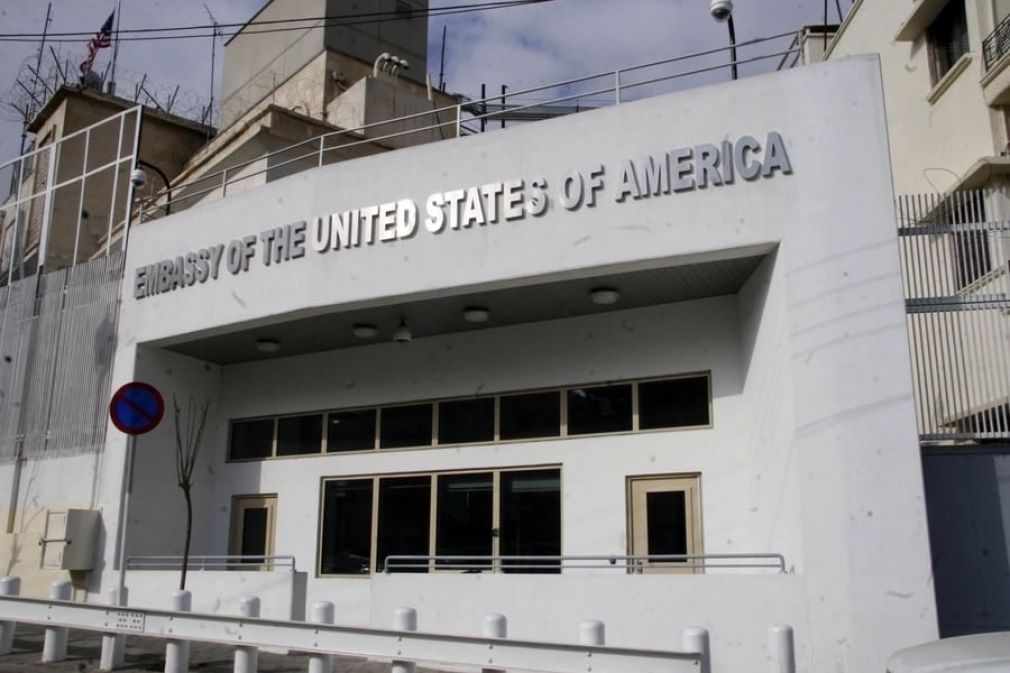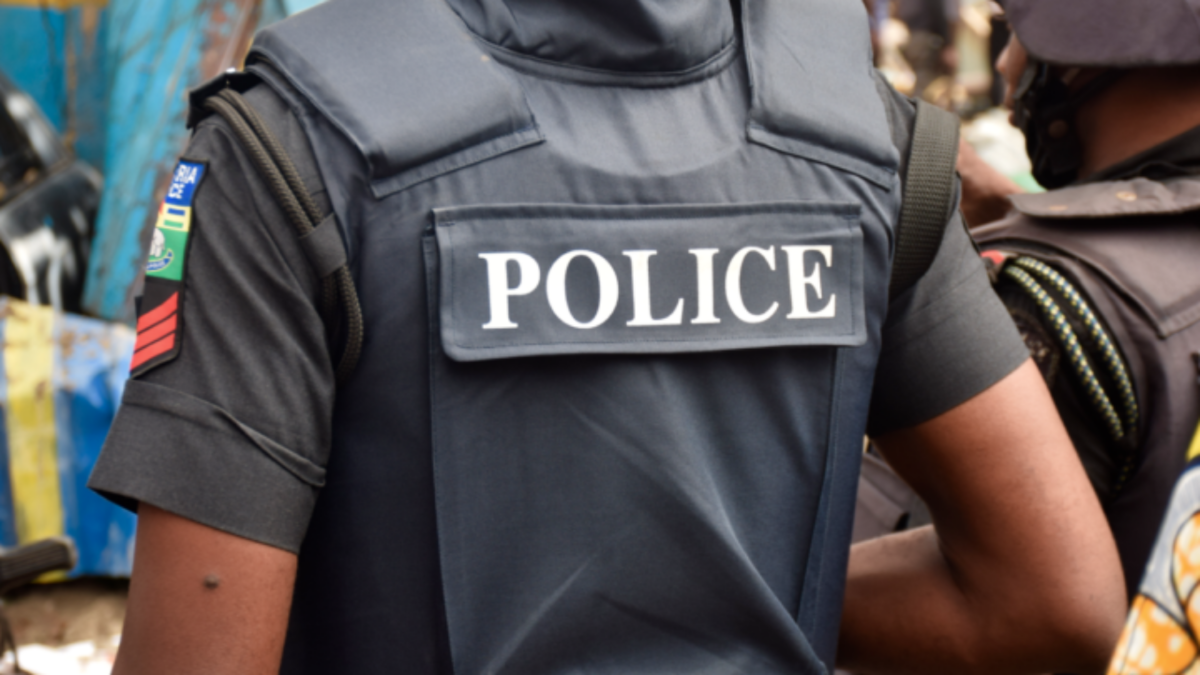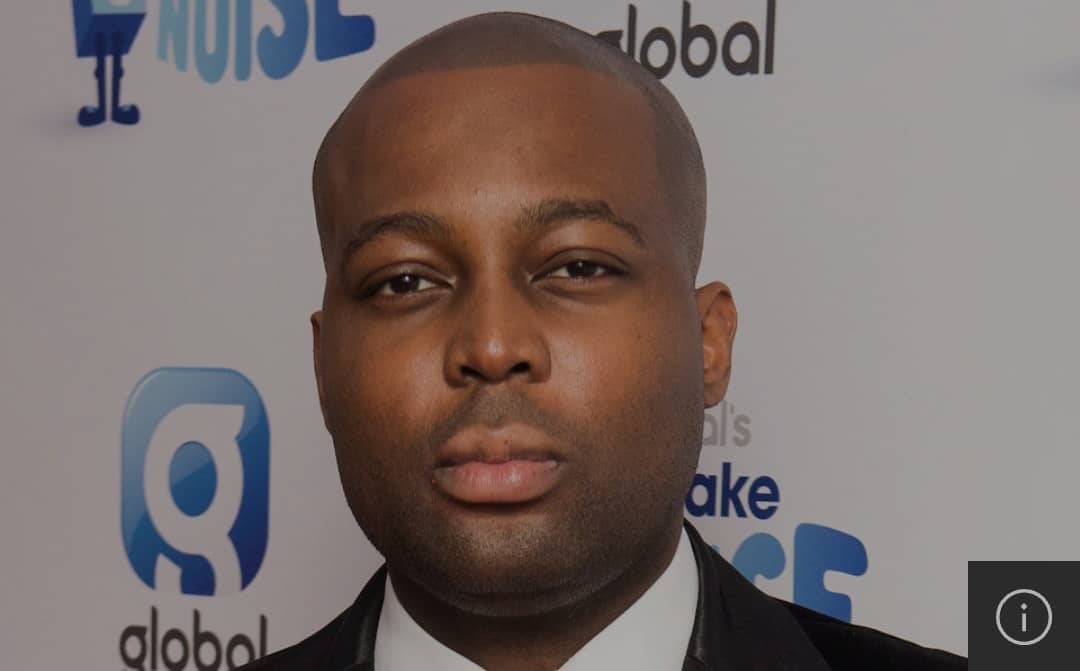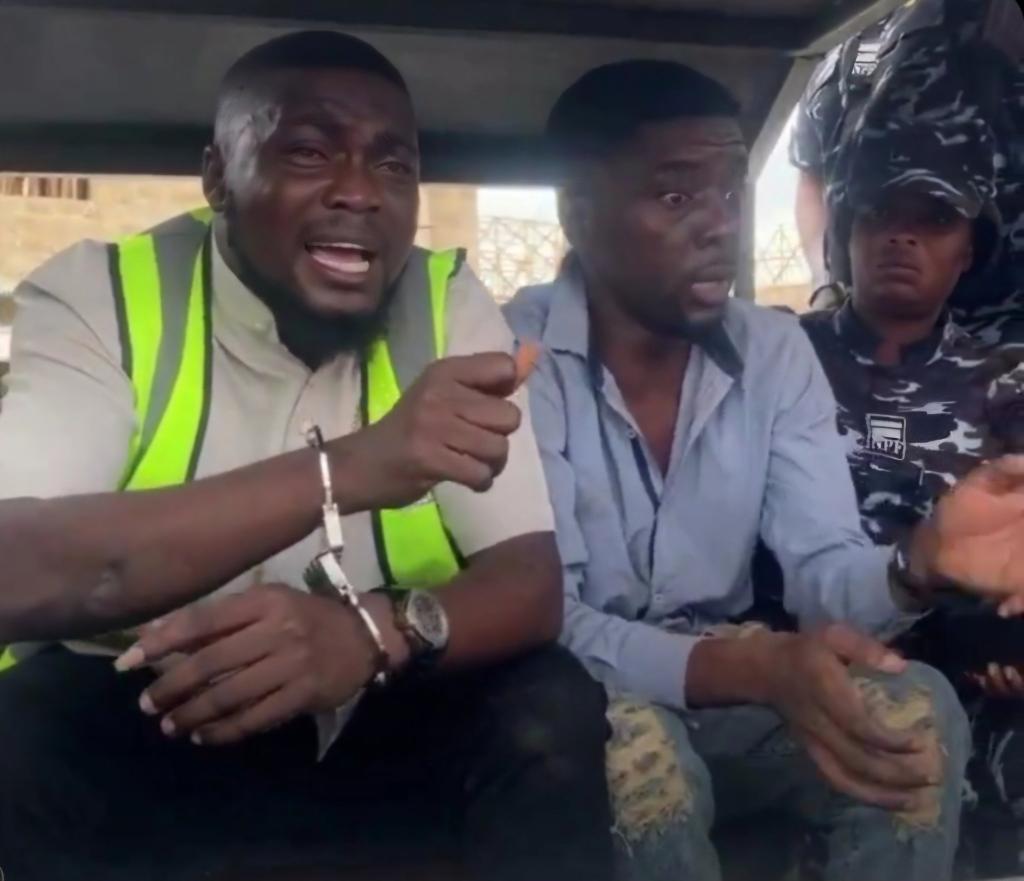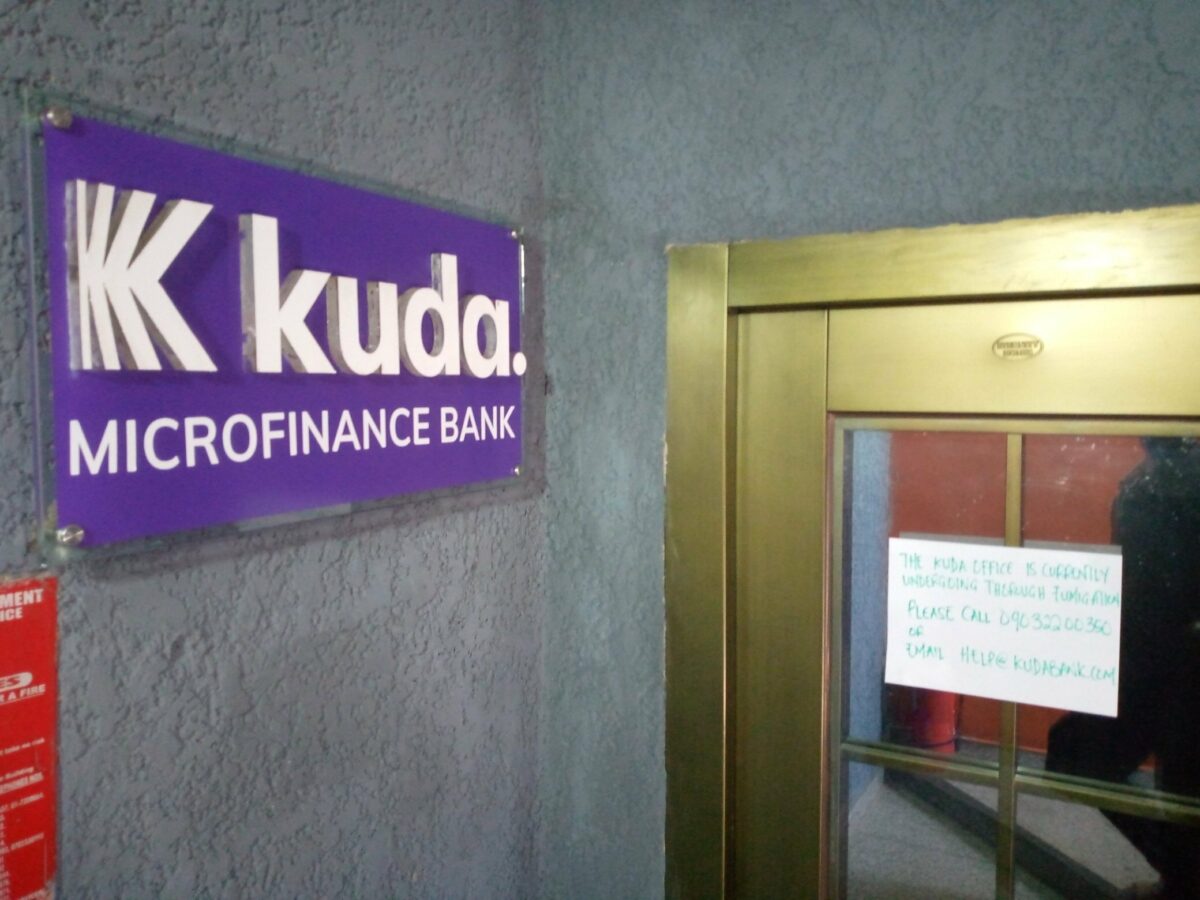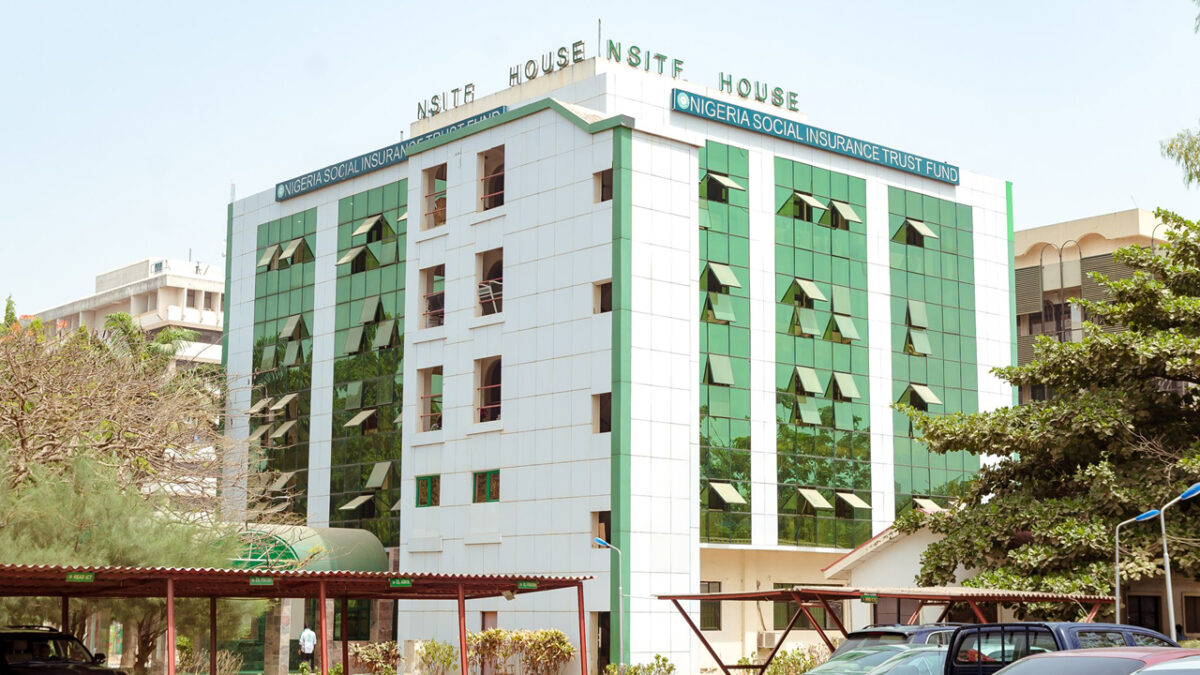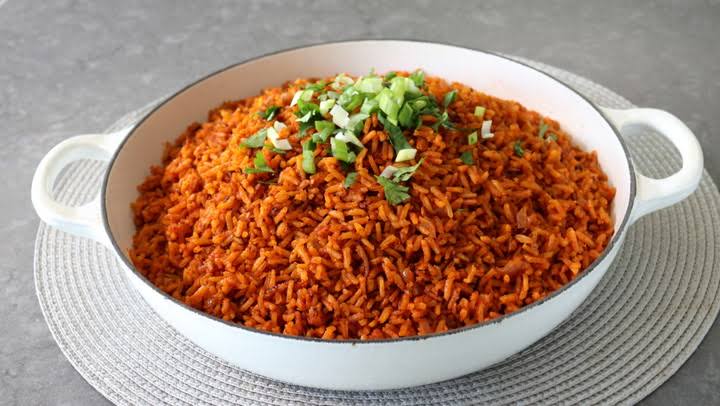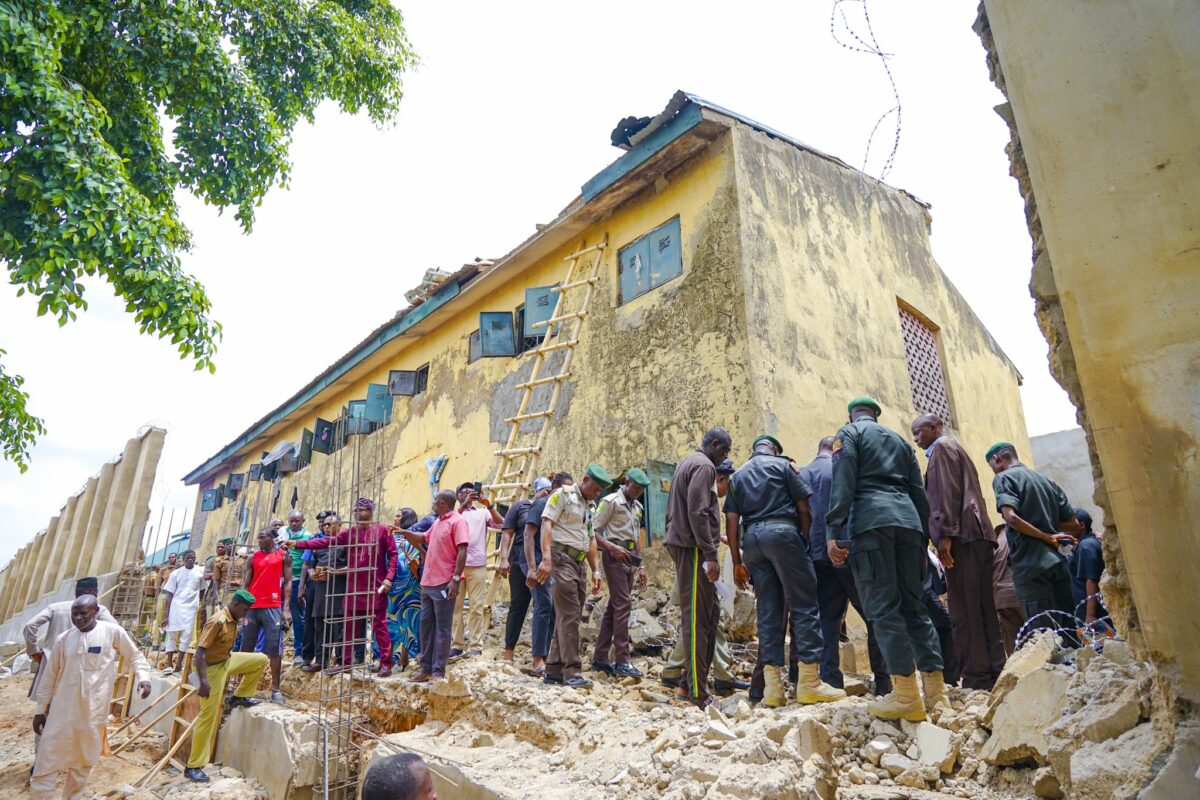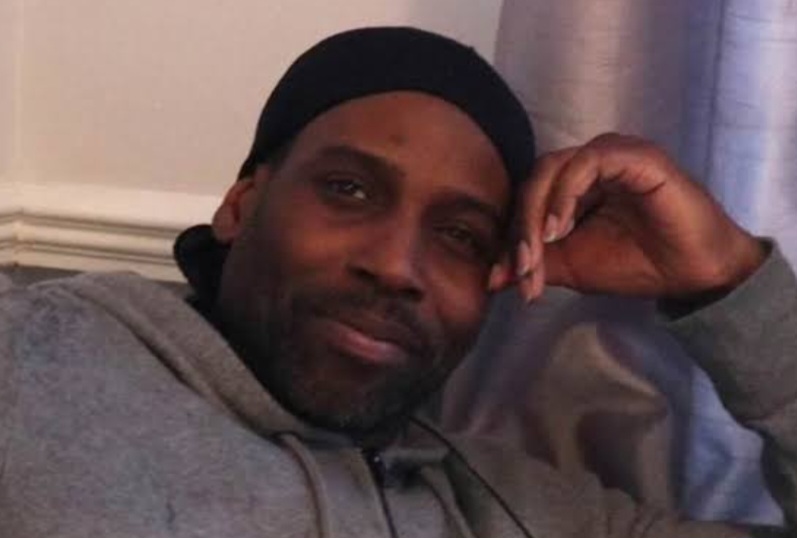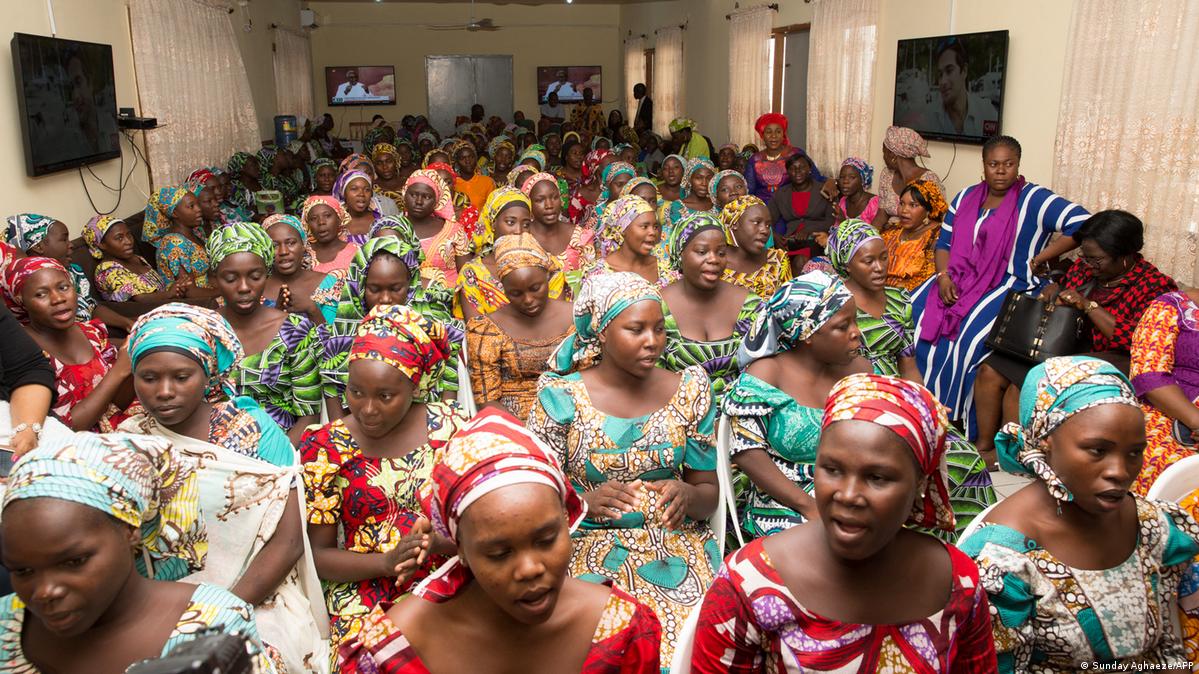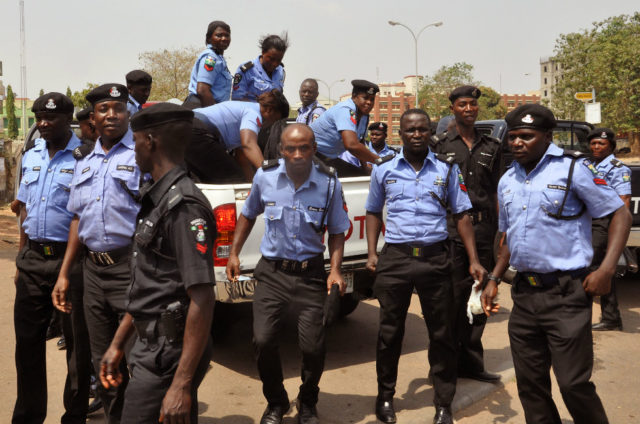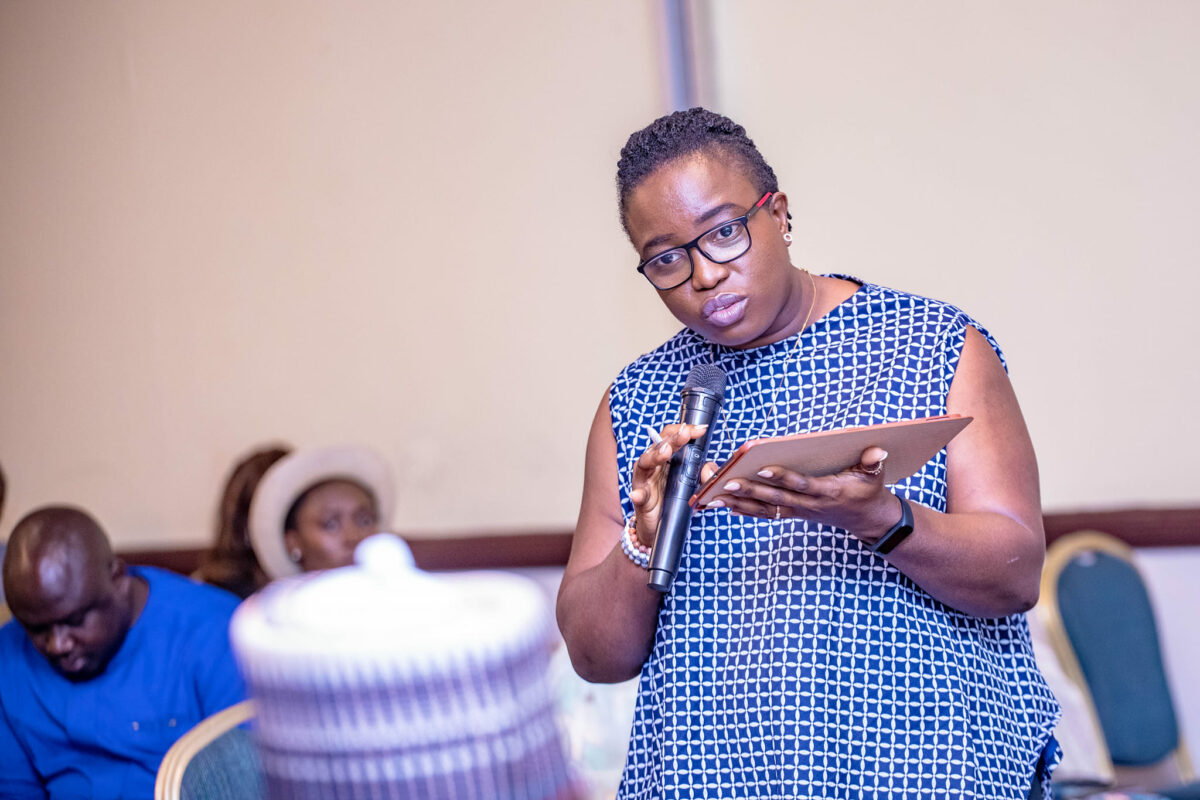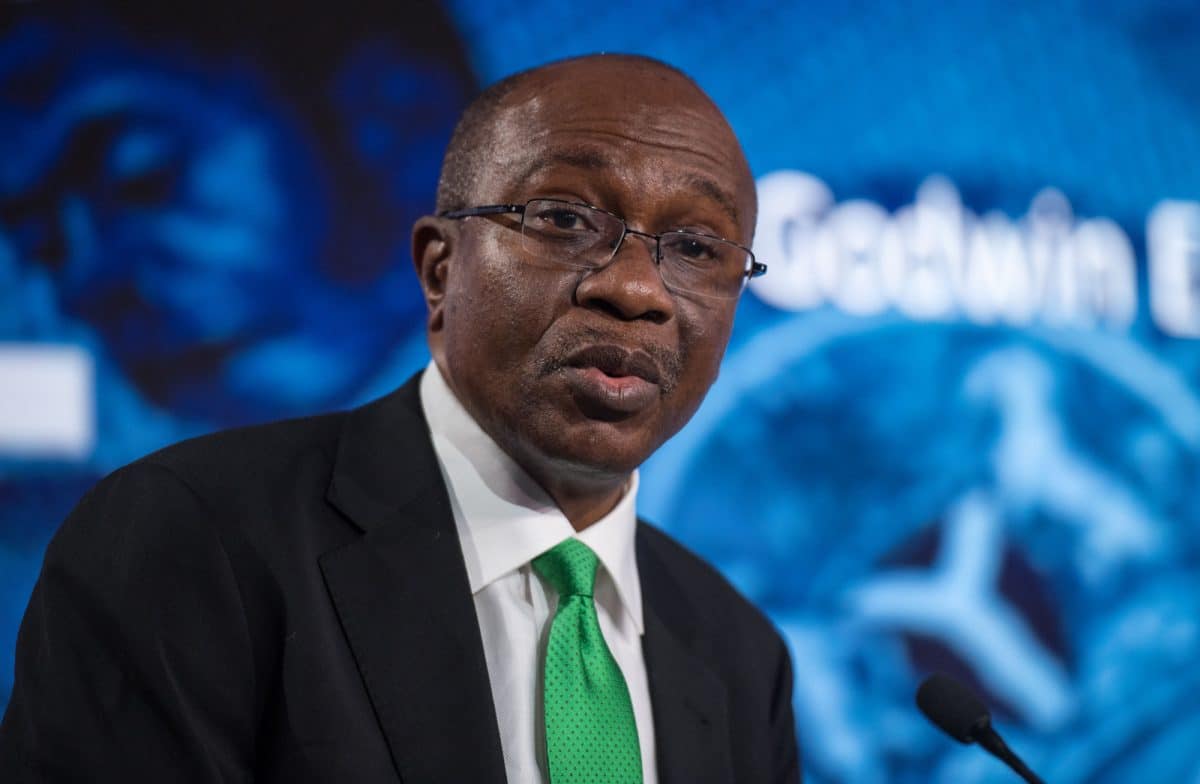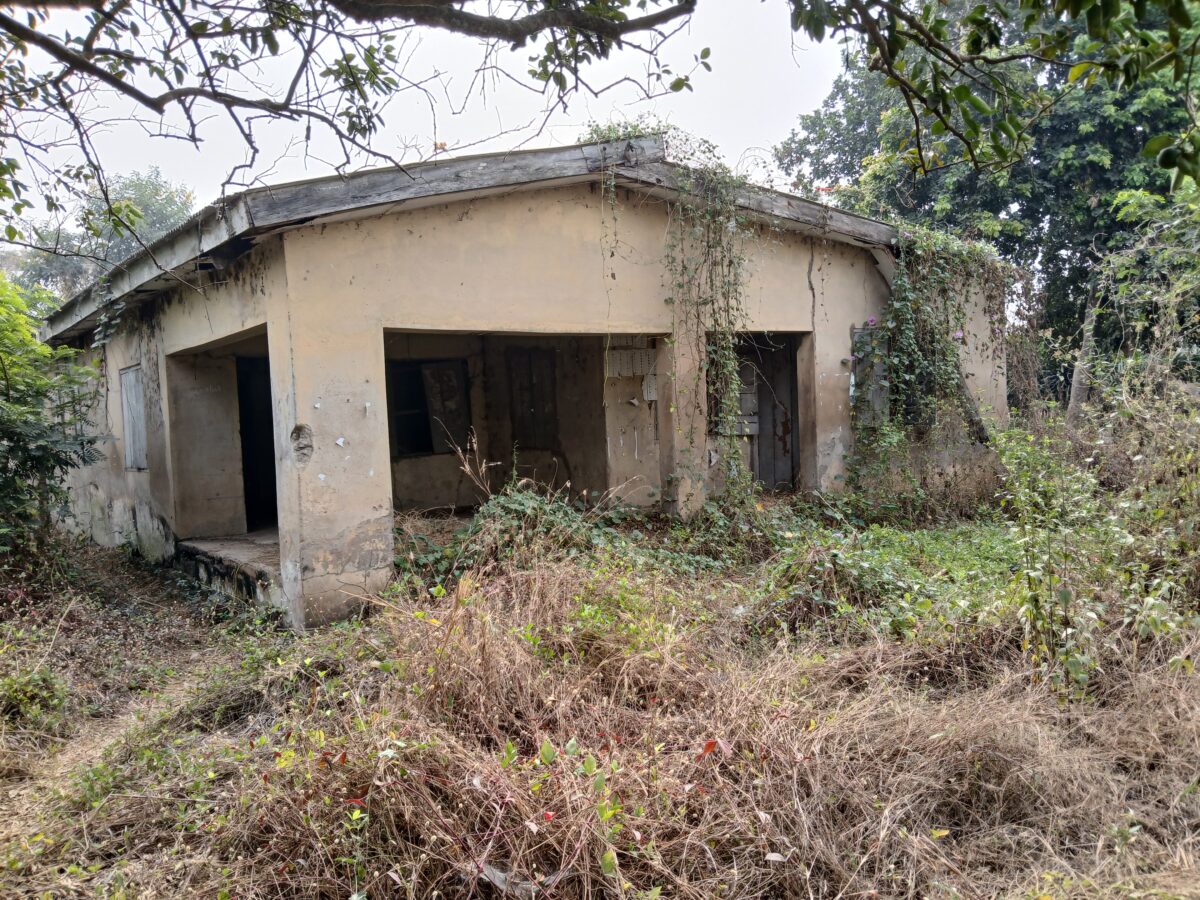Nigerians have spoken about their frustration with the United States Consulate in Lagos’s deliberate reduction of the rate at which eligible applicants are invited for Immigrant Visa interviews.
Usually, United States Citizenship and Immigration Services (USCIS) spends up to six months to vet and file the documents of applicants seeking Immigrant Visa interviews. Their information then gets transferred to the National Visa Centre (NVC), where correspondence which could take another three months, are exchanged with applicants before being finally referred to the United Sates Embassy, after they must have been given an interview date.
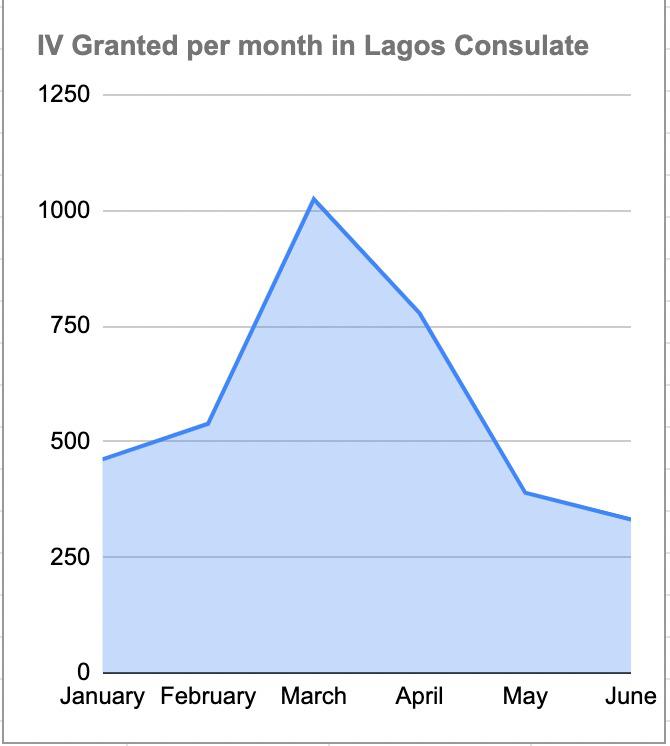
“There are thousands of Nigerians who have completed the first two stages of documentation as far back as January 2020. This is August 2021, and they have not been allocated an interview date yet,” a visa applicant, who asked not to be named, told FIJ.
There was initially a delay caused by Donald Trump’s ban on immigration, followed by the Covid-19 pandemic, which spawned a backlog of applications for the consulate to clear.
“Now, embassies globally have started clearing their backlogs little by little, but it appears the US Embassy in Lagos is just deliberately slowing down the pace,” said another applicant, who also stated that the number of applicants invited so far for interviews has drastically declined in the last few months.
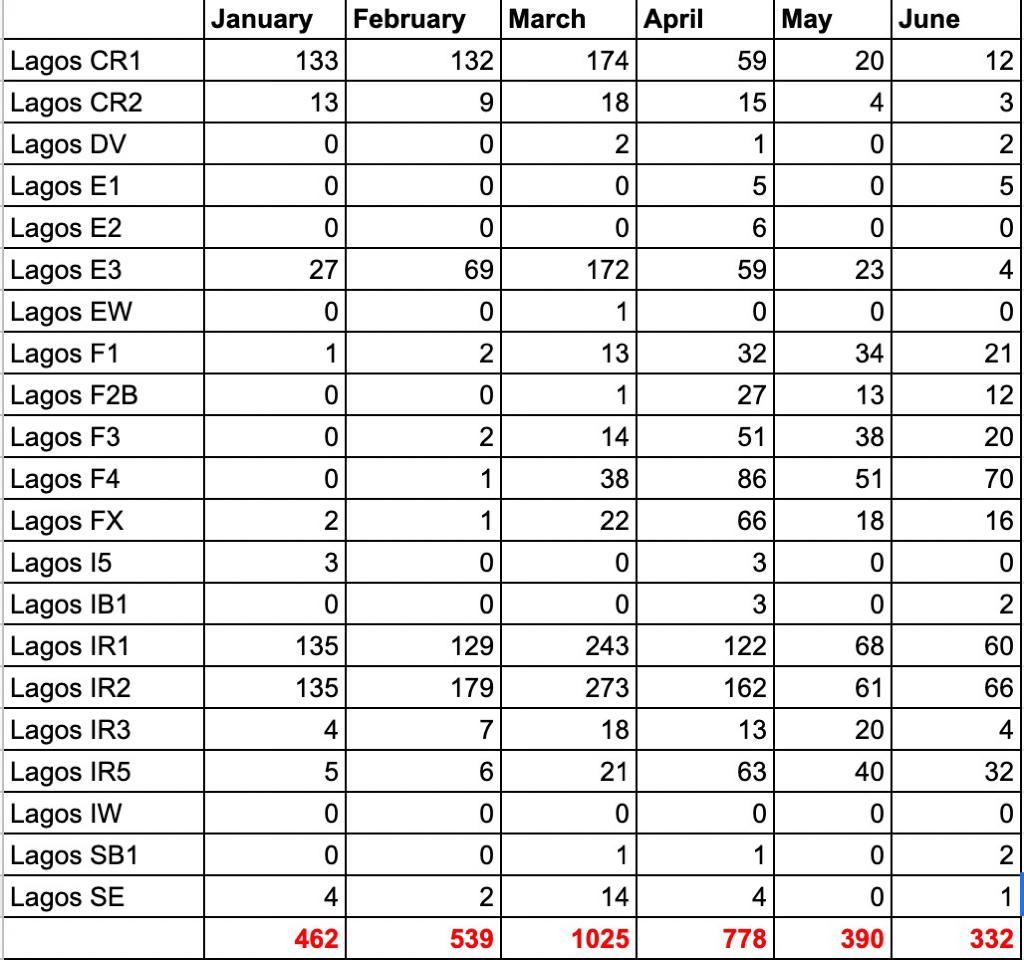
“The bottom line is that, applicants are now very worried because they are now in the dark on when they would be called for an interview,” she said.
“These are people who have been tagged as eligible to come for interviews by the NVC as far back as January 2020. So, now, a process that ordinarily should have taken a month is now approaching its twentieth month and no one knows when it would be hastened yet.”
The applicant further claimed that the report she got from the NVC is that the Lagos consulate is presently not scheduling immigrant interviews. She expressed worries that people that fall into his category do not even know their fates yet.
In a related development, Adeola, another affected applicant who had been waiting in the queue for her spousal interview since October 2020, had this to say to FIJ:
“It’s been four years since I got married to my husband and since then, we have been working on how I’d reunite with him. When the ban was eventually lifted, we had high hopes, thinking I would be able to finally reunite with him, and more importantly, so he can get to spend time with his son.
“Sadly, that hasn’t been the case. We called the NVC in early August and what they said was that the Lagos consulate is currently not scheduling Immigrant Visa interviews.”
When contacted by FIJ, an American officer with the U.S. Mission in Nigeria blamed the decline on Nigeria’s battle with the third wave of COVID-19, saying “the health and safety of our workforce and customers remains paramount”.
“Our embassies and consulates are implementing safeguards to keep staff and customers safe, including mandating physical distancing in our waiting rooms, scheduling fewer interviews at a time, frequent disinfection of high touch areas, and following local health and safety regulations,” said the official, who asked not to be named.
“Additionally, many of our embassies and consulates remain on a limited staffing posture due to the pandemic. These necessary measures have temporarily reduced the visa processing capacity at many of our embassies and consulates, requiring them to prioritize the most urgent and mission-critical cases.
“Throughout the pandemic, our U.S. embassies and consulates have prioritized services to U.S. citizens overseas, as well as urgent and mission-critical visa services (such as for those coming to assist with the U.S. response to the pandemic). Posts that are able to provide additional services are prioritizing immigrant visas for immediate family members of U.S. citizens, including spouses and children, intercountry adoptions, and fiancé(e)s, as well as certain special immigrant visas. Posts that are also able to process nonimmigrant visas are prioritizing urgent or mission-critical travelers, cases with extreme humanitarian considerations, as well as those vital to public health or national security, followed by students, exchange visitors, and temporary employment visas.”
Subscribe
Be the first to receive special investigative reports and features in your inbox.


